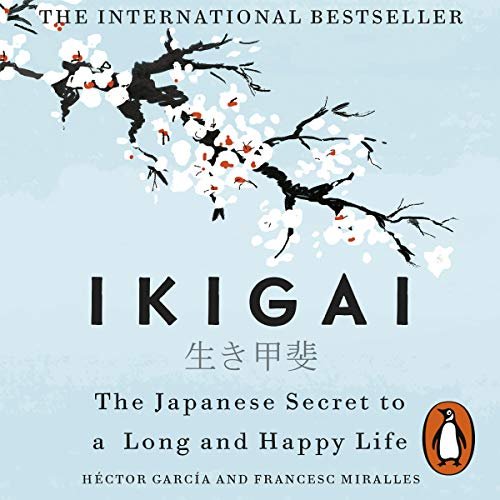Ikigai: Your Reason to Jump Out of Bed Every Morning
Ever wondered what makes life truly fulfilling? What gets you excited to wake up every morning? The Japanese concept of “Ikigai” might hold the answer. Think of it like your life’s purpose, your reason for being.
What is Ikigai?
Ikigai is often represented as the intersection of four elements:
- What you love (your passion): Activities that bring you joy and satisfaction.
- What you’re good at (your skills and talents): Things you excel at and find easy to do.
- What the world needs (your mission): Ways you can contribute to society or make a difference.
- What you can be paid for (your profession): Work that provides value to others and supports your livelihood.
Finding your Ikigai isn’t just about having a dream job. It’s about finding meaning and purpose in all areas of your life – work, relationships, hobbies, community, and spirituality.
Finding YOUR Ikigai: Tips for Indians
- Reflect on your values: What matters most to you? What kind of impact do you want to make in the world?
- Explore your passions: What activities make you lose track of time? What brings you joy?
- Identify your strengths: What are you naturally good at? What skills have you developed over time?
- Consider the needs of others: How can your skills and passions be used to help others or solve problems in your community?
Ikigai in Action: Real-Life Examples in India
The concept of Ikigai resonates deeply with Indian philosophy, where concepts like “dharma” (purpose) and “karma” (action) emphasize living a meaningful life. Here are some examples of how Ikigai can manifest in India:
- The village potter: Who finds joy and purpose in creating beautiful pottery that serves the needs of their community.
- The passionate teacher: Who loves educating young minds and sees their work as a vital contribution to society.
- The dedicated social worker: Who finds fulfillment in helping the less fortunate and making a positive impact.
Why Ikigai Matters
Having a sense of Ikigai has been linked to various benefits, including:
- Increased happiness and well-being
- Reduced stress and anxiety
- Improved longevity
- Greater work satisfaction and productivity
Life Examples (If Any):
- Local artisan: A potter in a village who finds joy in creating beautiful pottery, fulfilling a community need and earning a livelihood.
- Social worker: Someone dedicating their life to helping others, finding purpose in making a positive impact.
- Successful entrepreneur: A business owner who has combined their passion with what they’re good at and what the world needs, creating a thriving enterprise.
Conclusion
Finding your Ikigai is a journey of self-discovery. It’s about identifying what truly matters to you and aligning your life with your passions and values. It’s about finding the sweet spot where you can do what you love, what you’re good at, what the world needs, and what you can be paid for. By embracing the concept of Ikigai, you can unlock a more fulfilling and meaningful life.
Important Links (if possible):
- Ikigai: Buy on Amazon




